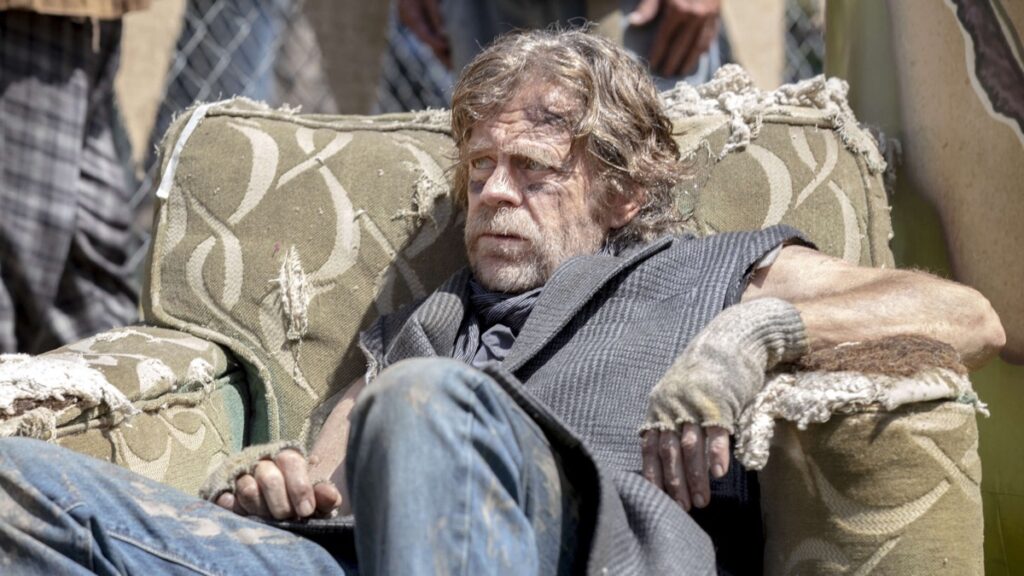Philadelphia’s largest public sector union, the American Federation of State, County and Municipal Employees District Council 33, successfully negotiated a tentative labor contract early Wednesday morning, effectively ending an eight-day strike that resulted in halted trash collection and disrupted city services. The announcement came from the union on social media, declaring, “The Strike is Over!”
In a statement celebrating the resolution, Mayor Cherelle Parker expressed relief for both the hard-working members of AFSCME District Council 33, which encompasses around 9,000 municipal employees, including 1,000 sanitation workers, and the residents of Philadelphia. The strike, which commenced on July 1, led to noticeable impacts across the city as municipal agencies had to limit operations, closing some public libraries and extending repair times for utilities.
While the garbage builds-up became a key problem, the city enlisted the help of private contractors instead of relying solely on nonunion municipal employees—a decision met with significant backlash regarding its effectiveness. The newly reached contract includes a three-year deal promising a 14 percent pay increase for members throughout Mayor Parker’s four-year term, contingent on ratification by the union membership.
Frustration over wages had led to the strike, as many workers felt that the previous offers from the city were insufficient to keep pace with rising inflation. This labor strike marked a significant moment in the history of the union, being the first substantial work stoppage in nearly four decades, underscoring the ongoing challenges in labor relations within public service sectors.
In a statement celebrating the resolution, Mayor Cherelle Parker expressed relief for both the hard-working members of AFSCME District Council 33, which encompasses around 9,000 municipal employees, including 1,000 sanitation workers, and the residents of Philadelphia. The strike, which commenced on July 1, led to noticeable impacts across the city as municipal agencies had to limit operations, closing some public libraries and extending repair times for utilities.
While the garbage builds-up became a key problem, the city enlisted the help of private contractors instead of relying solely on nonunion municipal employees—a decision met with significant backlash regarding its effectiveness. The newly reached contract includes a three-year deal promising a 14 percent pay increase for members throughout Mayor Parker’s four-year term, contingent on ratification by the union membership.
Frustration over wages had led to the strike, as many workers felt that the previous offers from the city were insufficient to keep pace with rising inflation. This labor strike marked a significant moment in the history of the union, being the first substantial work stoppage in nearly four decades, underscoring the ongoing challenges in labor relations within public service sectors.





















